
Alcohol-related blackouts aren’t good for anybody’s health, but they are particularly dangerous for young people.
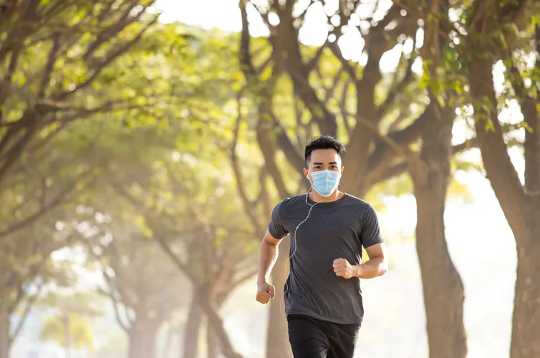
England is deep into its third lockdown, yet the daily tally of new COVID cases and deaths remains sickeningly high.

Judgment plays a big part in our lives, so much that we are not even aware most of the time that we are judging. If you didn't think that something was bad, it wouldn't upset you. If you didn't think that something was good, you wouldn't feel any loss when it was absent...
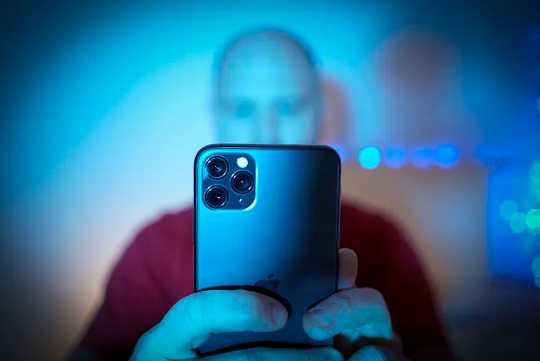
Imagine that you’re a typical middle school student having dinner with your family. Your mother takes your smartphone away and puts it in a lock-box that won’t open for an hour.
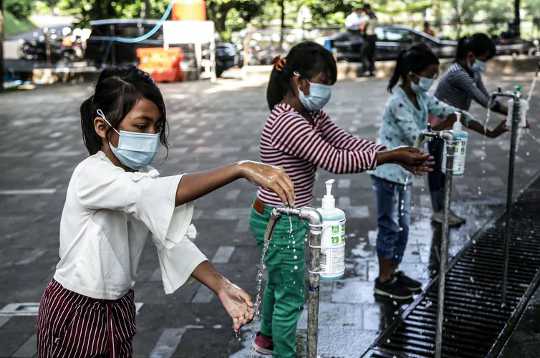
Rituals are social conventions that range from religious ceremonies like baptisms and bat mitzvahs to simple greetings like handshakes.
- By James Urton

In the new paper, researchers report that sleep cycles in people oscillate during the 29.5-day lunar cycle: In the days leading up to a full moon, people go to sleep later in the evening and sleep for shorter periods of time.

Research has uncovered a variety of benefits that can arise from instances of what might otherwise label as “bad” behaviour.

Of course, we all know people who are more androgynous, having a mix of personality traits that are stereotypically considered to be male or female.
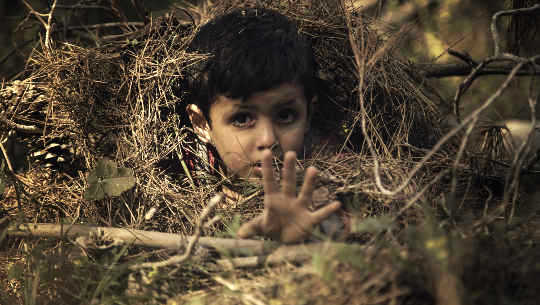
If you are an adult who has experienced chronic issues with restlessness, impatience, poor listening skills, or a difficulty doing “boring” jobs like balancing a checkbook, you already know what it feels like to experience some of the challenges associated with ADHD.

Incredibly, a whole year has passed since the first emergence of COVID-19. What looked like a temporary inconvenience at first is turning into a permanent fixture that might forever change life as we knew it before 2020.
- By Jean Slick
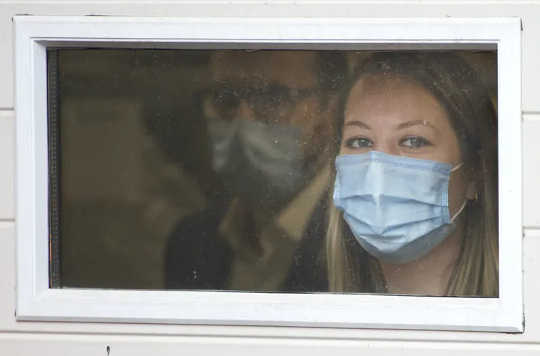
Human experience with disasters and crises is obviously not new. There are common patterns in the ways people come together to respond to these kinds of events — regardless of whether the trigger was a natural hazard, technologically based or human-caused.

The raging coronavirus pandemic, along with political turbulence and uncertainty, have overwhelmed many of us. Indeed, all through these times, both the dark and bright sides of human nature were evident as many people engaged in extraordinary compassion and courage when others were committing acts of violence, self-interest or greed.
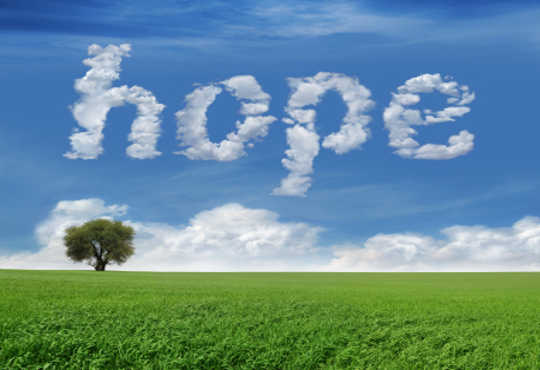
We all have a choice. We can submit to apathy and indifference or we can choose hope. This dialogue is about choosing hope and recognizing that we each have a responsibility to make a difference in the world.
- By Gordon Rixon

Making and breaking New Year’s resolutions is a familiar and discouraging annual ritual for many people. In a few short weeks, many find they are unable to meet their goals of self-improvement,

COVID-19 is pushing us all in ways we’ve never been pushed, and making us do thing we’ve never done. It’s also stressing us in very peculiar ways. Perhaps one of the most tiring things is the all encompassing lack of certainty.

Nature does not pick sides: it simply gives every plant a fair chance to life. The sun shines on everyone regardless of their size, race, language, or opinions. Can we not do the same? Forget our old quarrels, our old grievances, our old prejudices, and start looking at everyone on earth as another person just like us...
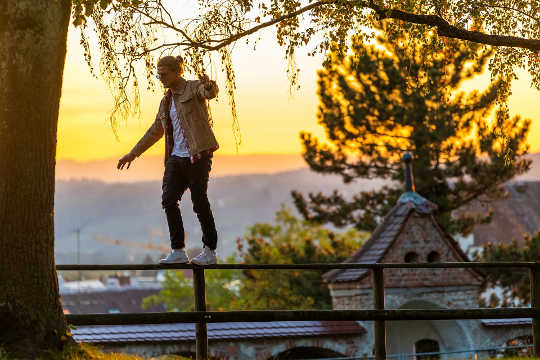
The other day I was giving myself a "good talking to"… telling myself I really need to exercise regularly, eat better, take better care of myself… You get the picture. It was one of those days when I was determined to do better and was giving myself what was supposed to be a "pep talk"...
- By Kristin Neff
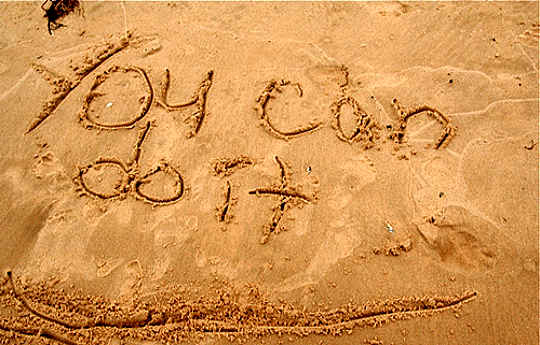
Why is it so hard to stick to resolutions that require us to make effective or lasting changes? I would argue the problem isn’t that we try and we fail –– the problem is how we treat ourselves when we fail.
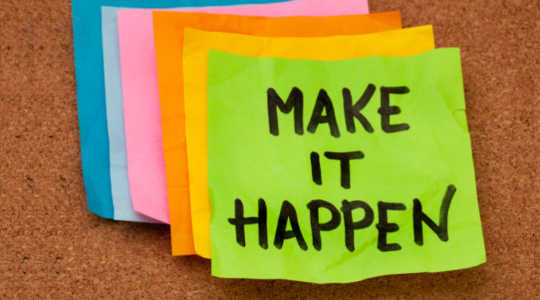
Research has shown that about half of all adults make New Year’s resolutions. However, fewer than 10% manage to keep them for more than a few months.

Time in the era of COVID-19 has taken on new meaning. “Blursday” is the new time word of the year – where every day seems the same when staying home and restricting socializing and work.
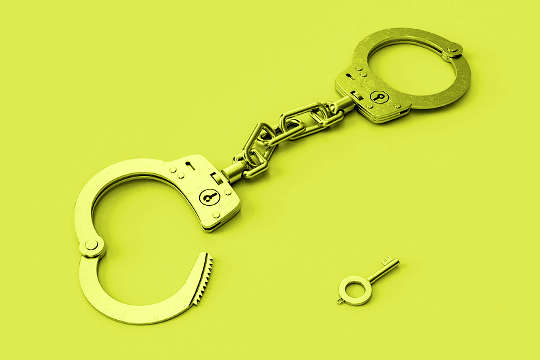
I remember once believing that guilt was a wasted emotion. Like all emotions, there is a place for guilt. A centered spiritual being, one who has moved past limiting beliefs, will feel guilty doing something that goes against who she is or wants to be.

The first people have begun to receive vaccines in the UK and US as part of mass vaccination campaigns to immunise people against COVID-19. Excitement is building – finally, the end of the coronavirus crisis is in sight.

The ongoing COVID-19 pandemic has forced us to make some pretty interesting decisions like buying in bulk, wearing face masks and physically distancing from other people.















